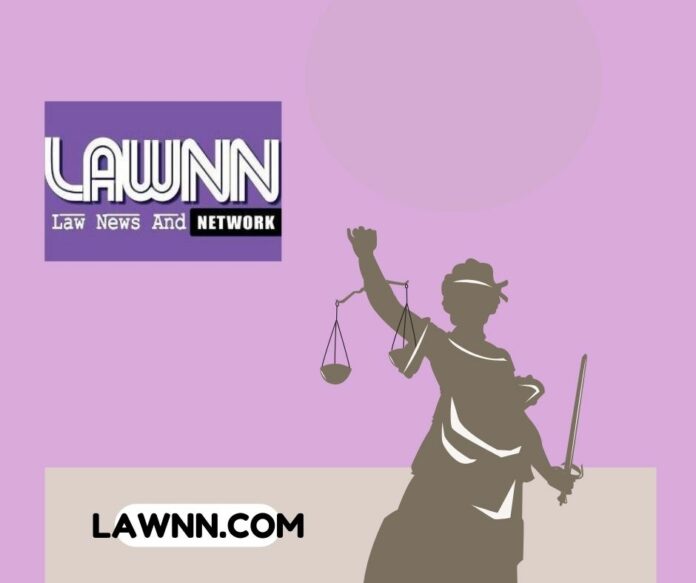UK Supreme Court Rules Against Artificial Intelligence As Patent Right Inventor
The UK Supreme Court (SC) has decided against accepting Artificial Intelligence (AI) as a patent right inventor. The lawsuit was filed concerning US computer scientist Stephen Thaler’s attempt to get UK patent registration for innovations produced by the AI system, DABUS.
Thaler’s attempt was rejected by the Intellectual Property Office in the UK, which said that an actual person or a firm should be given patent rights rather than a machine, which is artificially produced.
The decision opens a more general question of whether patents should be granted for technological advancements produced by AI. The SC affirmed that an inventor must be a natural person for the application of UK patent law.
Key considerations:
- Rejection of Thaler’s Attempt: The Appeal of Thaler was unanimously rejected by the Supreme Court in the UK, confirming that the Intellectual Property Office in the UK denied his application to register patents for patents that are produced by AI.
- Concerns of the Legal Team: The legal team for Thaler raised worries that the UK’s current system of patent rights is not sufficient to protect inventions that are generated by AI, which could impede sectors that depend on AI-driven advanced technological developments.
- IPO appreciating Clarity By SC: The ruling given by the Supreme Court, clarified that the current legislative framework regarding patenting of AI-generated creations was warmly accepted by the UK Intellectual Property Office.
- Commitment given by the UK Government: The UK Government has pledged to continue the review of this area of law, acknowledging the dynamic features of intellectual property and works of art that are generated by AI.
- The consistent decision in the Global Context: The decision aligned with the rulings from United States, European, and Australian courts. In the medium term, possible changes were seen by legal experts as AI has transformed itself from science to agency.
- Restricted Immediate Effect: Although legal experts did not address possible issues in patent laws, as AI is growing continuously, it is not anticipated that the decision will have a large impact on the patent system at this point.
- Separate Neural Network Case: Last month, the London High Court upheld the validation of artificial neural networks under UK law in a different case, which also attracted patent protection under this law.





